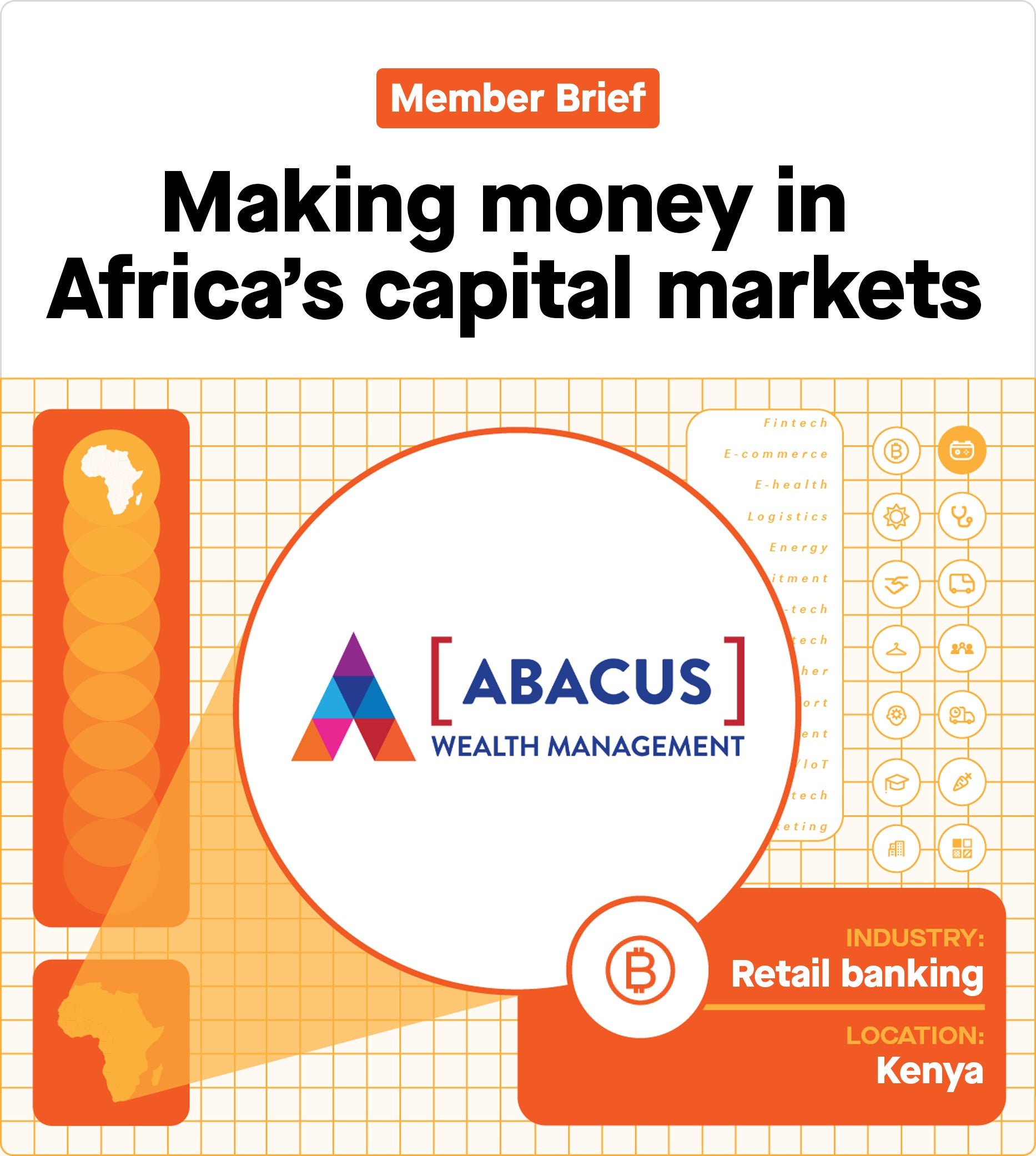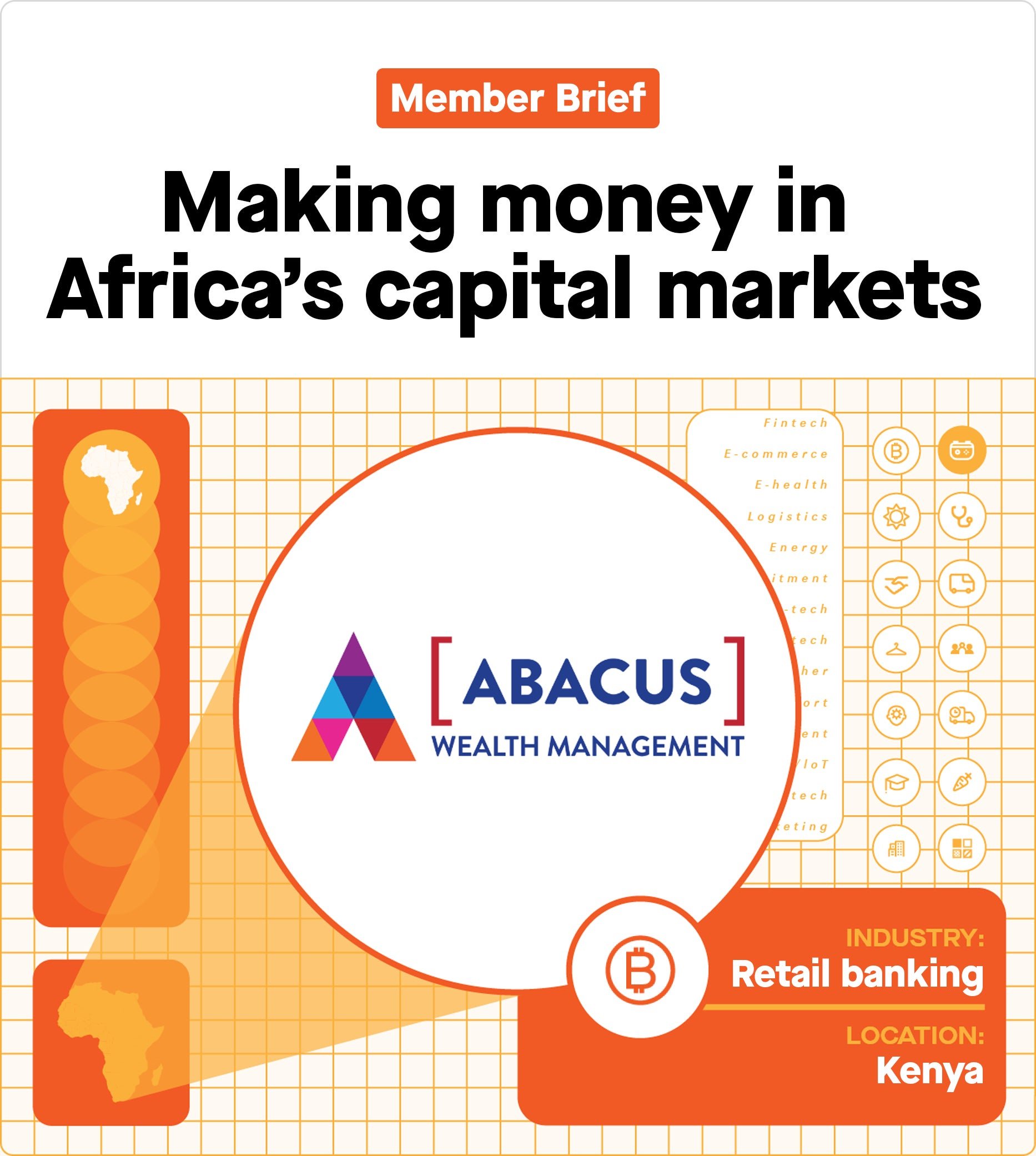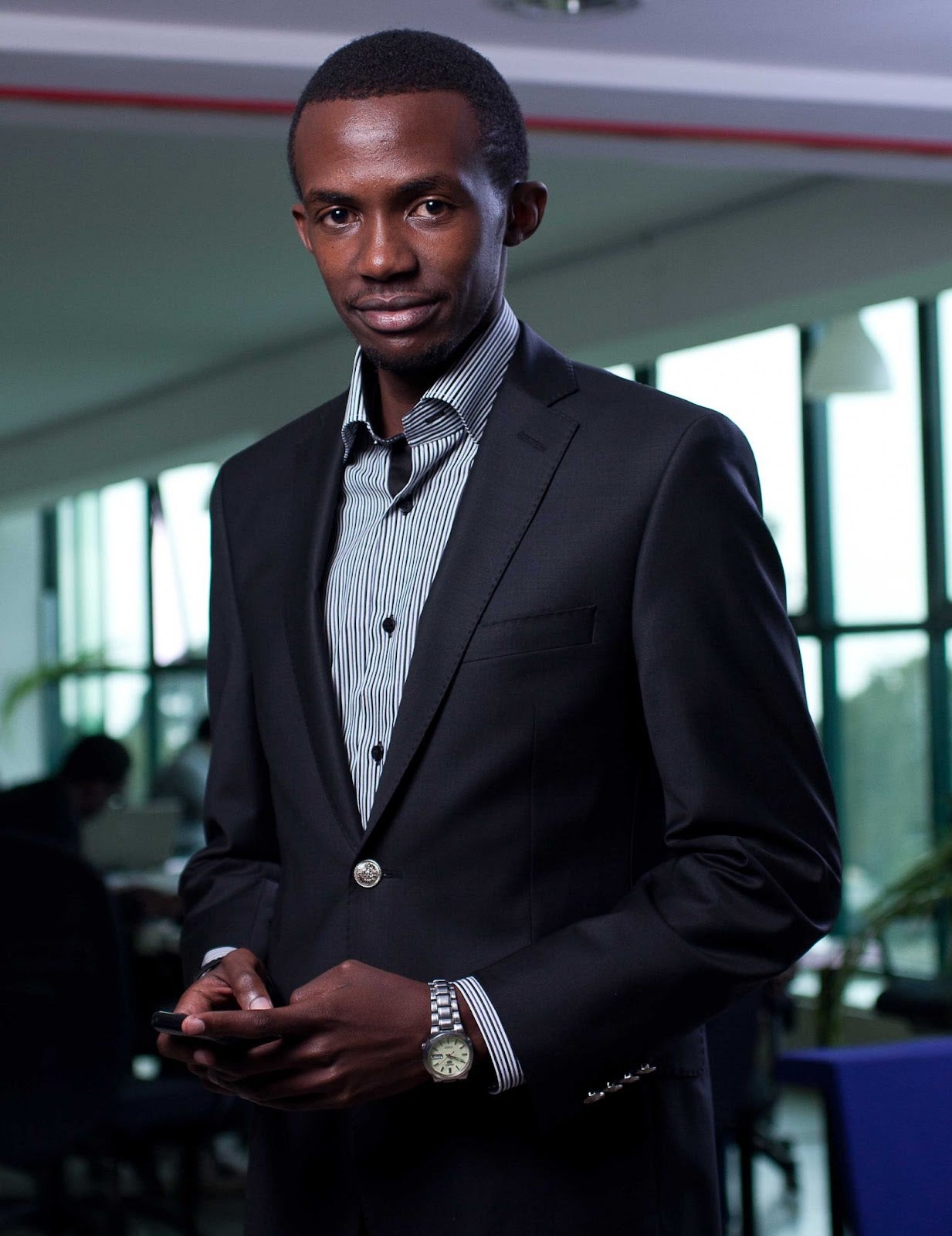✦ Making money in Africa’s capital markets
The startup teaching Kenyans to be retail investors


Hi Quartz Africa members,
Africa’s biggest stock markets have performed terribly in 2022 with billions of dollars in investors’ wealth being wiped out, thanks mostly to foreign investors fleeing emerging markets for safer shores.
In the first half of 2022, Ghana and Egypt tied as the worst performing markets in Africa, with returns of - 32%. Kenya was the third-worst, returning -30%, erasing $6.5 billion of investors’ funds. Nine out of the continent’s ten biggest stock markets posted negative returns, including exchanges in South Africa, Morocco, Botswana, Mauritius, and Tanzania. At 21%, Nigeria’s stock exchange was the only one of the ten to post a positive return.
Declining macro-economic conditions, including rising inflation and weakened currencies, have also contributed to the bear run witnessed in many African countries. Kenya’s shilling, for instance, hit an all-time low against the dollar this October. As of Oct. 18, the Ghanaian cedi was the worst performing currency in the world this year, according to a Bloomberg report.
To this mix, add low disposable income and eroded purchasing power due to the high cost of living, and it isn’t difficult to see why market participation among retail investors in Africa remains low. In Kenya, dormant trading accounts currently represent 97% of all registered accounts.
Other factors behind weak retail investing include the addition of very few new listings in recent years, new trading-related fees, and scanty knowledge of capital markets and how they work. For Kenya, fixing the Nairobi Securities Exchange (NSE) has become crucial, as the state, choked by increasingly expensive external debt repayments, now wants to ease pressure by listing up to 10 “mature” public companies.
President William Ruto, elected in August on the promise to empower small and medium sized businesses and low-income earners, announced a drive towards mass adoption of retail trading in Kenya. He has argued that, with greater accessibility to capital markets, trading could replace betting as a popular multi-billion-dollar activity in Kenya, and generate much-needed cash for the government.
Startups are attempting to boost their participation in Africa’s capital markets as well, by building digital tools that make trading in different asset classes more accessible, and offering education that allows people to improve their financial literacy and begin their investment journeys.
Cheat sheet
💡The opportunity: African countries need capital markets to generate more wealth, but participation among retail investors remains low, and markets are dominated by foreign investors.
🤔The challenge: Many people in Africa are not equipped with the tools or specific knowledge to effectively participate in capital markets, trading-related fees can be high, and different markets in Africa aren’t yet integrated.
🗺️The roadmap: Startups enabling easy access to tools for trading, education, and financial literacy can drive increased participation in Africa’s capital markets.
💰The stakeholders: Startups, private companies, capital markets, regulators, governments, financiers, and investors.
By the digits
9: The number of major African stock exchanges, out of the 10 biggest, that posted negative returns in the first half of 2022
$6.5 billion: The Nairobi Securities Exchange (NSE)’s losses in the first half of 2022
2015: The year the last initial public offering (IPO) occurred at the NSE
97%: Share of trading accounts in Kenya considered dormant, having not traded for at least 24 months
9.2%: The annual inflation rate in Kenya in September, after rising for the seventh consecutive month to the highest level since June 2017
Case study
Startup: Abacus
HQ: Nairobi, Kenya
Founder: Joel Macharia
Founded by Joel Macharia in Kenya in 2014, Abacus is an online multi-asset class brokerage agent. Through partnerships with regulated financial services providers, it offers local and global investors access to stocks, bonds, unit trusts, and mutual funds, as well as market data, all accessible from a single account.
Abacus allows investments beginning as low as Kes 200 ($1.67). Soon after setting up the company, Macharia noticed that uptake remained low. He uncovered a confidence gap, as well as a knowledge gap, that drove him to rethink his strategy.
Instead of simply offering access to multiple investments through a single account, Abacus adopted a more holistic approach, incorporating enhanced “gamified” learning tools and financial advisory services. Abacus offers clients comprehensive personal finance planning, covering everything from debt reduction to insurance, education and living expenses.
This allows Abacus to match people to investments in different baskets, such as safety portfolios consisting of low-risk money-market funds, treasury bills, and emergency funds; income portfolios, with earners such as rental properties; lifestyle portfolios, oriented towards goals such as saving up for a car; growth portfolios; and speculation portfolios, which might include land or even crypto.
This shift was accelerated by the pandemic, when Abacus noticed clients were liquidating their assets after losing their jobs or or significant portions of their incomes.
“Activity on our platform tends to follow what’s going on in the economy. When [people] have money, we see more investments, and when it’s down we have more people pulling out,” Macharia told Quartz.
Besides advisory charges and transaction fees, Abacus also counts education as one of its revenue streams, with an introductory course on its online academy costing Kes 4000 ($33.30). It also offers beginners learning the ropes of investing a practice trading account, in addition to news, company profiles, and explainers for investment jargon.
The company is keen to build more financial services products, including financial management software for businesses, and hopes to expand into new markets on the continent, including South Africa.
In conversation with

🧑🏾🏫On the role of education to improve market participation:
“Education has been one of the things we’ve been experimenting with. We focus more on habits, and how we can create habits of learning, implementing, and taking lessons from that. We’re building not only online courses but gamified virtual trading and budgeting tools.”
📋On the policies needed to increase participation in capital markets:
“‘We need policies that increase disposable income and increase access to credit for businesses…because that creates opportunity for businesses to distribute risk through capital markets. We also need to ease regulation of this distribution of risk by making it easier for companies to list.”
😠On what market regulators should do (instead of introducing new fees):
“We need to have a lot more in terms of investor education and investment in making the new IPOs that they’re looking at more attractive... What we’re seeing right now is a trend towards rent-seeking because the market is performing poorly, in an attempt to boost their own revenues.”
More capital markets deals to 👀
SecondSTAX, a Ghanaian startup that enables investors to access markets outside their own country, launched in September 2022, and at the same time announced a $1.6 million pre-seed funding round from private investors and venture capital firms, including LoftyInc Capital, Orbit54, and STEMeIn.
Bamboo, a Nigerian startup that allows investors to buy and sell US stocks, raised $15 million in a series A funding in February 2022. Bamboo wants to expand into other countries, including Ghana and Kenya.
Chaka, a Nigerian startup, announced a $1.5 million pre-seed round in 2021 to expand its menu of digital investments for individuals and businesses. Chaka offers access to local and foreign stocks.
This member brief was prepared while listening to Deja Vu by Mr. Right, Ajay, Da vaji and K Splash. 🇰🇪 . Have an amazing week!
—Martin K.N Siele, Nairobi-based Quartz contributor
One 🍃thing
Seventeen countries surveyed in this year’s Absa Africa Financial Markets Index, an analysis of market infrastructure in different countries, have sustainability-focused policies—five more than in 2021.